Netflix's The Wonder director Sebastian Lelio: "Cinema is a language and not a format"
Exclusive: Total Film meets The Wonder director Sebastian Lelio and his star Niamh Algar to discuss their new Netflix drama, working with Florence Pugh, and the future of cinema
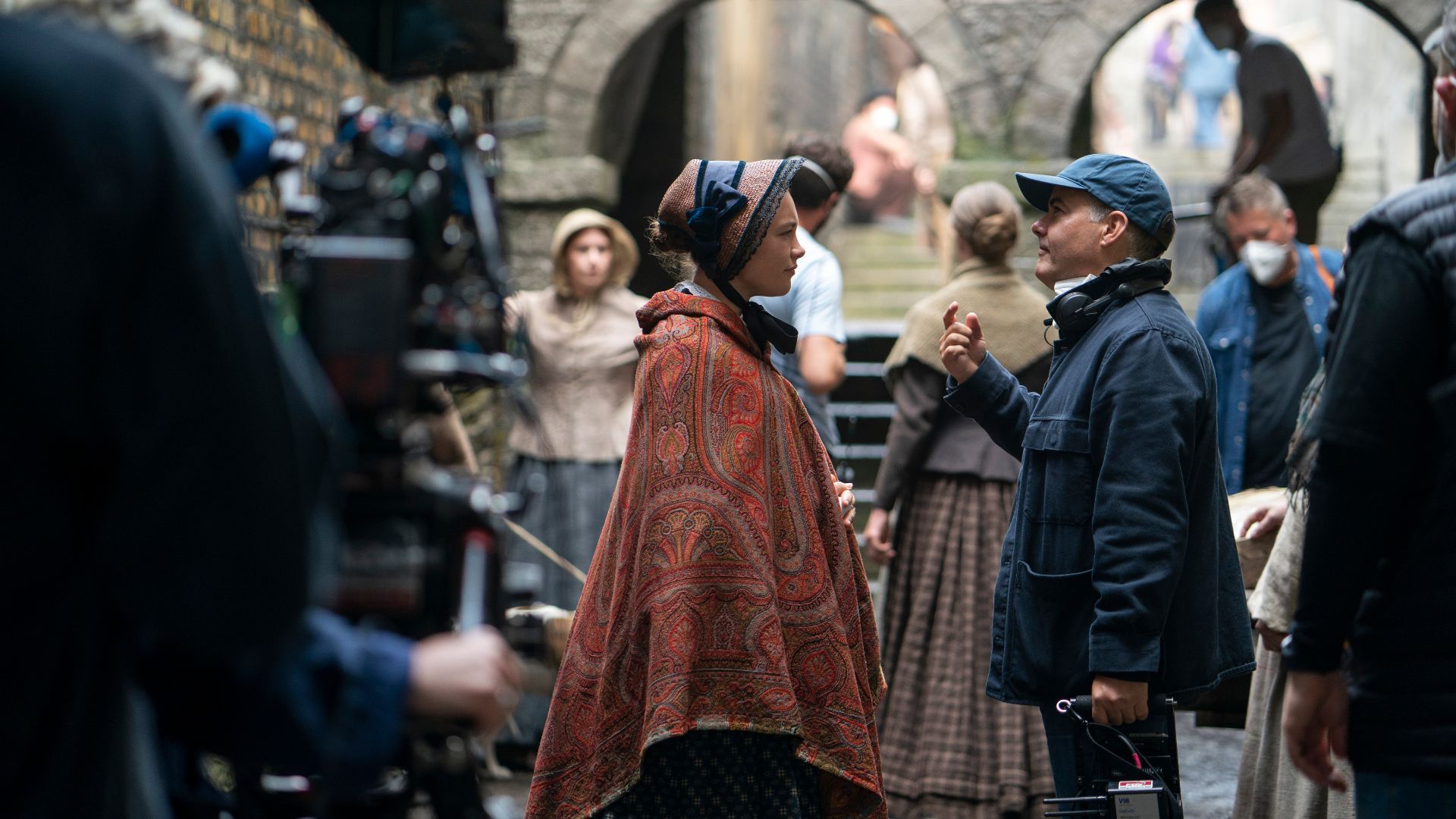
The Wonder starts with a surprise. Not a bang, or explosion, or anything like that, but with the camera fixed on a film studio. A voice, belonging to Niamh Algar, tells us that we're about to watch a film called The Wonder. The camera begins to pan around the studio as Algar tells us to believe in this story, because what are we without stories?
We're now in the movie, bound for Ireland, and a nurse called Lib, played by Florence Pugh, is on a boat. She's traveling from London to a remote village in order to observe a child who hasn't eaten in months. Doctors and clergymen believe she's a miracle child, and people come from all corners of Ireland to see her. But what's really the truth here? Is she a miracle, or is that just the story we're being told?
Directed by Sebastian Lelio, who won the Oscar for Best Foreign Language Film with A Fantastic Woman, The Wonder is a movie that challenges its viewers to question the very fabric of itself: a fictional story told by actors and filmmakers. It's a brilliantly realized achievement, and we sat down with Lelio, along with Algar (who not only narrates the movie but also plays the character Kitty), to discuss the abrasive first frame of The Wonder, working with Pugh, and why we shouldn't be too worried about the future of cinema. Edited for length and clarity.
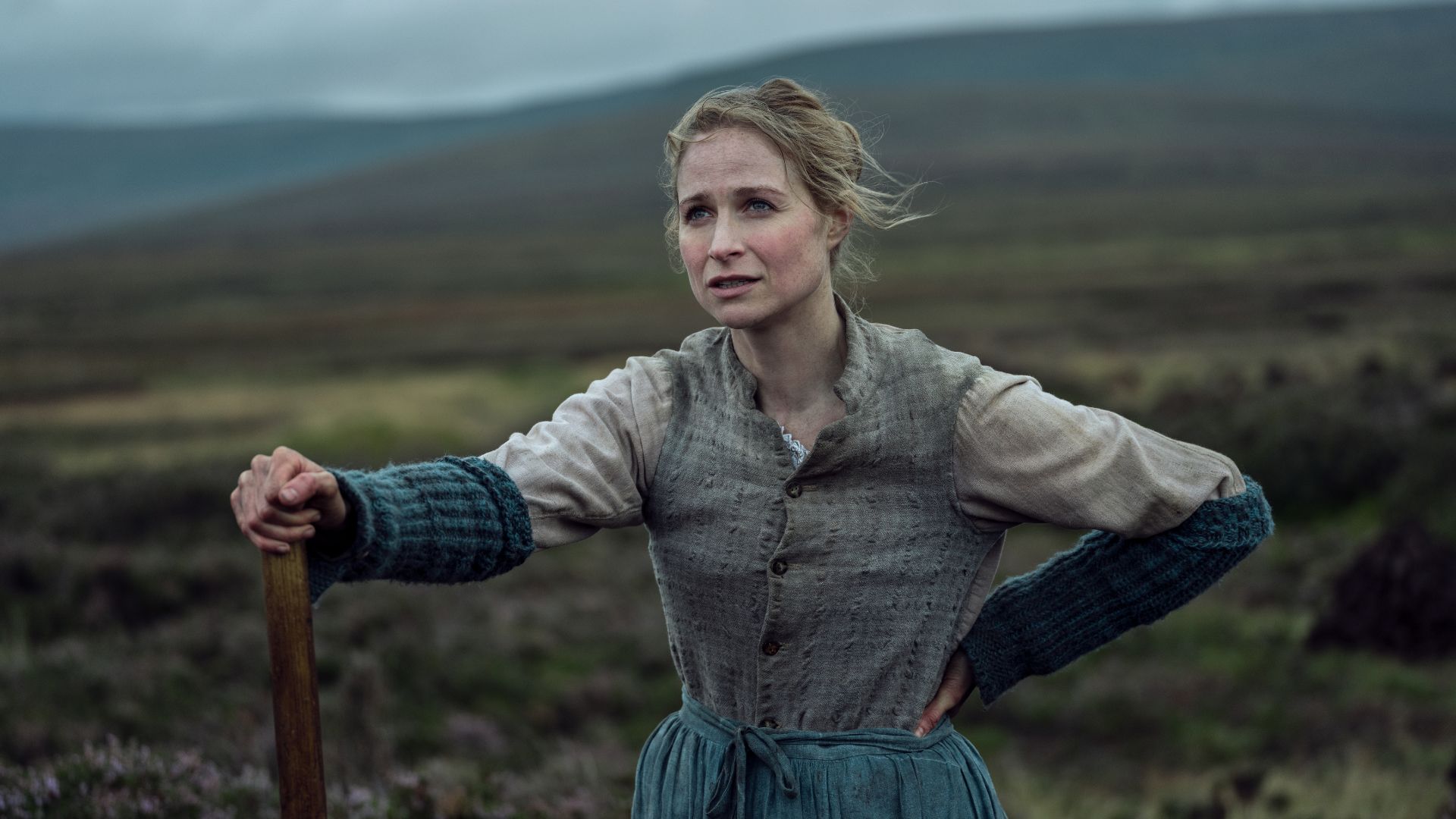
Total Film: Was there ever an alternative beginning to the movie, or a fear that people would maybe be too distracted and not absorbed in the story?
Sebastian Lelio: That's more or less the plan for them to be distracted in a film that explores the power of fiction in societies and in our own lives, the stories we tell ourselves, the stories we co-create, and how that becomes a power dynamic. I thought it was important for the film itself to say to the viewer, 'Listen, you will be exposed to the power of fiction, your disbelief will be suspended. And then you will be kindly reminded that you have been, hopefully, fervently believing in the film, in the same way in which the characters are believing their own stories.' It is a film also about the collision between reason and magical thinking or science, and extreme religiousness; between spiritual and intellectual elasticity versus fanaticism. In that sense, this little framing is saying to the viewer, 'What do you believe in? Are you fixed in your position? Or are you willing to change, adapt, and evolve? What sort of viewer are you?
Niamh, you play the narrator at the beginning but also one of the central characters in the story – did you play her as a knowing storyteller throughout?
Niamh Algar: She's part of the story, but she gets to dabble between the two. As Sebastian so beautifully put it, it's challenging the audience if they can get lost in the idea of this narrative. Kitty's someone who's stuck to the old world and the new, she's someone who's bridging that but also questioning Lib, who's very much an outsider that has been placed within this community that she does not understand. And so you have these characters that question what she's doing; Lib is there to watch them, but everyone is watching her. I loved playing Kitty, I loved working with Sebastian. The set was such a kind and loving environment. He always acknowledged every character within the scene. They're all there to serve a purpose.
Bringing all the latest movie news, features, and reviews to your inbox
Kitty does a lot of digging in this and there's the lush Irish countryside behind her. You can feel the cold through the screen. How was filming especially on location?
Lelio: It was cold...
Algar: What? It was roasting! I was wearing leg warmers on my arms, which were covered in wool. I was digging a pit and I was boiling. You were fine. You were in a North Face jacket with your breathable GoreTex. But we were exposed all the time.
Lelio: It was summertime, but by my standards, that's not really summer.
Algar: It was winter for him, Ibiza for me.
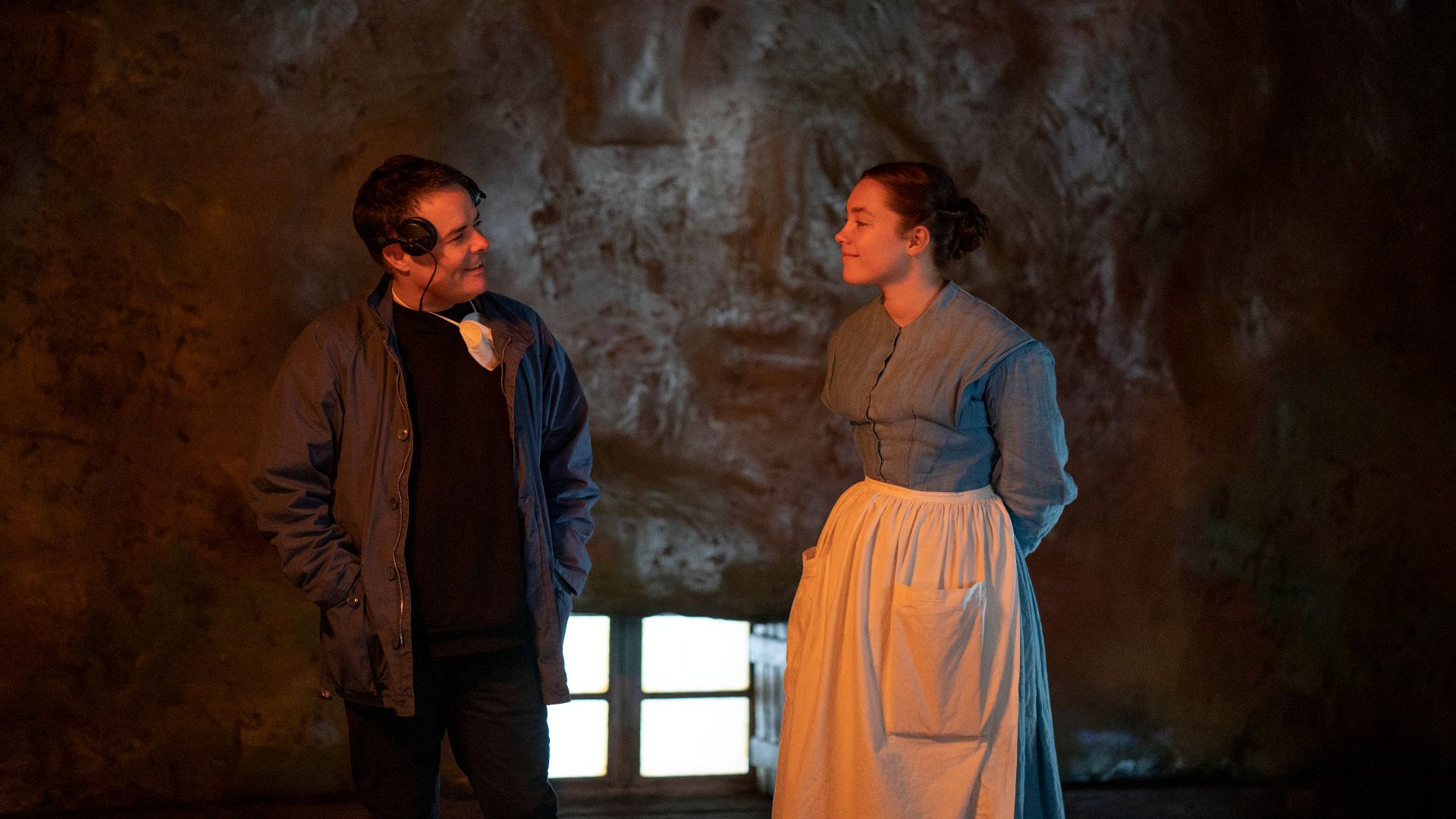
The first reports of this movie being in development were published in Aril 2021, just as the pandemic was starting up. With this questioning of science and the facts, it feels very prescient for the moment. Did the pandemic influence the movie as a result?
Lelio: No, not really. I read the novel in 2017, that was my first approach. And connected immediately with it. I really loved the idea of inheriting this rich, fully created world that [author] Emma [Donoghue] brilliantly had done. And then I really loved the journey of the main character, Lib, the rationalist who has to confront the irrationality of this community. She has to use reason to try to connect the dots and try to uncover the hoax. By the time she manages to understand how they are keeping the girl alive, the film also reveals the reason why the girl is doing the sacrifice. And the reason is so devastating, it leaves the rationalist, the humanistic character confronted by a moral dilemma, and she has to decide what to do – how to save her. She ends up doing something that is that transcends reason, that is, to say the least, morally complex or even irrational. That journey, I found it fascinating to explore on film.
It's strange how a piece so rooted in a period of time so long ago can be this prescient today. Is that the repetition of human nature?
Lelio: To talk about the opening and the role that Kitty plays, that consciousness, self-awareness of the film, it's also a way of saying, 'Of course, this is not really 1862.' It might be evident to say it, but let's say it because the characters are fictional, but what they represent is not. And the power dynamics might have happened in the 1860s, but they are completely resonant with the power dynamics that are still operating today. So we are somehow trapped in the same sort of storytelling. The opening and the ending is a way of saying, 'This is today. This is now.'
This movie is really anchored by Florence Pugh, who's truly amazing in this. As a director, and as an actor working alongside her, what does she bring that's special and unique?
Algar: Gosh, where do you begin? She just has incredible emotional knowledge and connection. The emotional maturity that Florence has surpasses her years. There's an amazing truth, always to her performance. That just comes because of her as a person. She's so kind and honest and open, that you can see why she is able to inhibit characters because she's empathetic. It's such a huge quality to have. And she listens, Florence listens and is very present, and for me is the greatest quality an actor can have. Watching Florence and Sebastian work together, you can learn so much. This is my first time working with Sebastian, but when you have that comfort, it makes everyone feel at ease and you can get lost as the character.
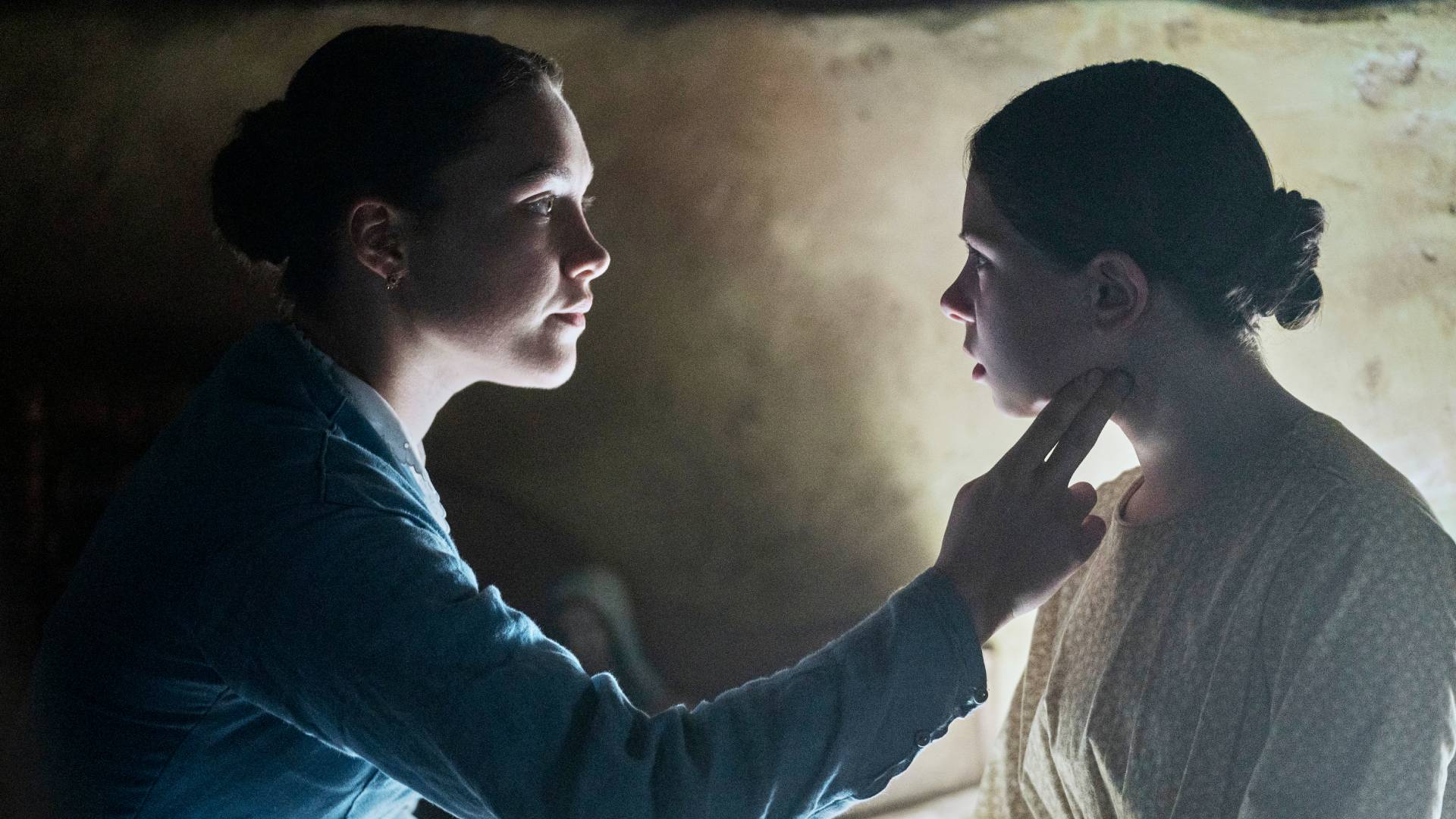
The Wonder is a Netflix movie. We're seeing more indie films, and smaller-budget movies, moving to streaming rather than in cinemas, which seem dominated by these big franchises. Is that how you see it? And is that the future of film?
Lelio: I think we're in a moment where everything's changing. But also, cinema has been dying since it was born. Sound was going to kill it, the remote control was going to kill it, VHS was going to kill it. Cinema is a language and not a format. I have the attitude of adapting. It will keep evolving the way in which is distributed and projected. I can't imagine a city without cinemas. I love to go to the cinema, I think is the best possible way to watch a film. But at the same time, it's interesting that today, our little film will be in some cinemas, but it will be also seen in so many homes. It's mind-blowing at the same time. It's very paradoxical. It's very complex. I tend to be an optimist in all fields. I'm not a purist. I have this more curious approach to what's going to happen. I would never dare to predict anything, because I'm really bad at that.
Niamh, you've done a lot of big-budget TV, it feels like TV and film are crossing over more and more.
Algar: We're making films for streamers, and we're also making films for cinema. What's happening with TV at the moment is that you're seeing so many film actors transcend into television, which is changing the narrative and, and also giving television a bit more credibility in the quality of the work that's being produced. You get a longer time to tell a story over a series.
Considering this movie's power and the way it really challenges viewers, I'm wondering how you both go about choosing the stories that you choose to tell.
Algar: It's always the team, you're drawn toward people. I'm fascinated by people. That's why I'm an actor. I'm just fascinated by why people do the things they do. And it's always the story and just exploring emotions. It's like being an emotional athlete and, until you've tried something out, or delved into a different form of acting, like a period drama, that's when you get a greater understanding. With Sebastian, he was always on my radar. You see a part of you in someone else's work, and when that speaks to you, you want to seek that out.
Lelio: I'm always wearing two hats, I write or co-write all my films, and then I direct them. The films I like to see, and I tried to create, are multi-dimensional, like complex animals. There's the spectacle and the gripping aspect of his story, but then also the political angle. And then it's an exercise in hypnosis as well. I love actors and working with actors. I respect the work immensely. So I always tried to find materials and write stories where there's room for the actors to really breathe and exist. It's that combination of factors that results in something that is exciting and moving, and it feels dangerous, but also a movie that mobilizes you.
The Wonder is on Netflix now. For more, check out the best Netflix movies available to stream from wherever you are in the world.
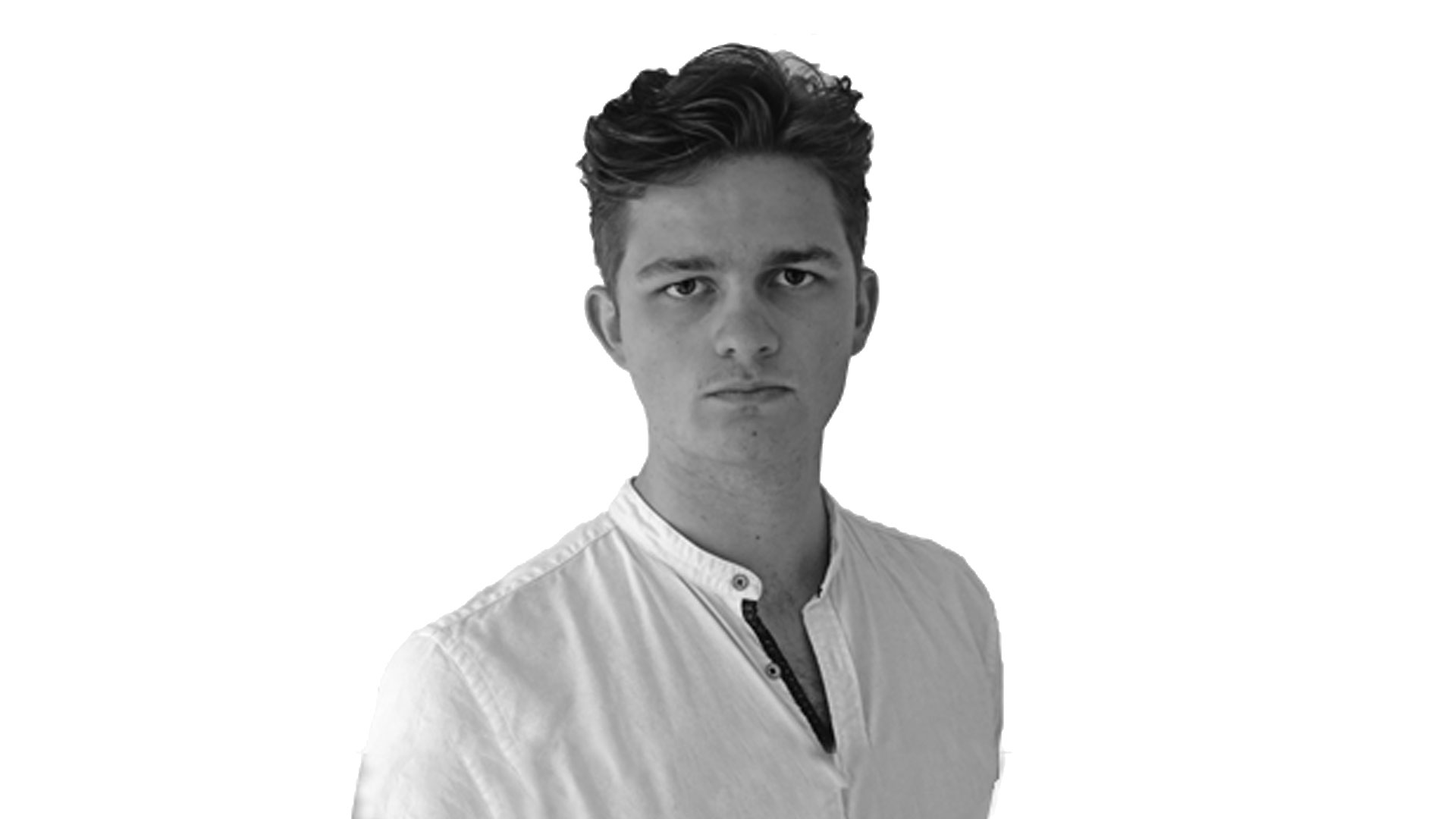
Jack Shepherd is the former Senior Entertainment Editor of GamesRadar. Jack used to work at The Independent as a general culture writer before specializing in TV and film for the likes of GR+, Total Film, SFX, and others. You can now find Jack working as a freelance journalist and editor.


